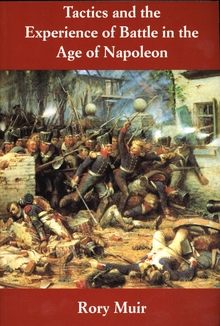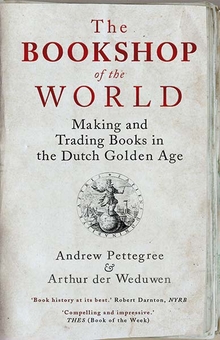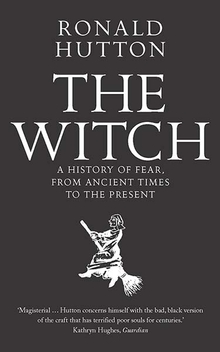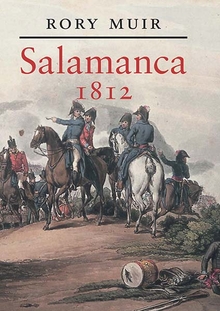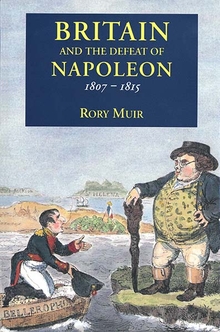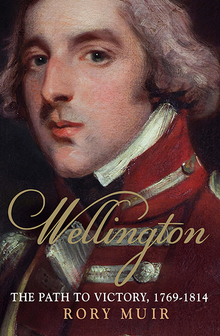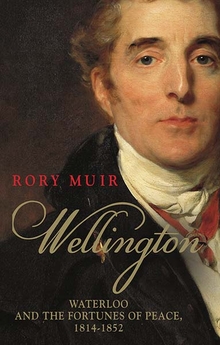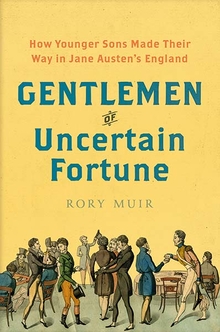Tactics and the Experience of Battle in the Age of Napoleon
WARNING
You are viewing an older version of the Yalebooks website. Please visit out new website with more updated information and a better user experience: https://www.yalebooks.com
Rory Muir
This book sheds new light on how military tactics worked by concentrating on the experience of soldiers in the firing line. Muir considers the interaction of artillery, infantry, and cavalry; the role of the general, subordinate commanders, staff officers, and aides; morale, esprit de corps, and the role of regimental officers; soldiers’ attitudes toward death and feelings about the enemy; the plight of the wounded; the difficulty of surrendering; and the way victories were finally decided. He discusses the mechanics of musketry, artillery, and cavalry charges and shows how they influenced the morale, discipline, and resolution of the opposing armies. This is a volume that will fascinate all readers with an interest in military history, European history, or the psychology of combat.
"Muir has drawn on contemporary memories, diaries and letters to create a picture of the feel of Napoleonic warfare, beyond the drillbooks and debates about tactics. He evokes what actually happened when footsoldiers clashed with each other, or cavalry charged cavalry. . . A major work."—David Seymour, Military Illustrated
"A major work."—David Seymour, Military Illustrated
"This is that rare thing, a general military work which lives up to its title—a stunning evocation of campaigning and battle, presented largely in the words of the participants, and enhanced by Muir’s . . . knowledge of his subject."—Toby Buchan, Literary Review
"Muir has filled a significant gap in the study of the [Napoleonic era] with this engaging study of the mechanics of a Napoleonic battle. Muir uses a tremendous number of firsthand accounts to discuss battlefield events, breaking down each into its component parts. A well-ordered analysis."—Library Journal
"A soldier’s ‘experience of battle’ as it contributes to an understanding of land-based tactics (1793-1815) is the subject of this scholarly and readable survey. Muir has completely amassed these experiences, as recorded in the participant’s published letters, memoirs, and diaries, and skillfully woven them into his narrative (customary in individual accounts of battles). Refreshing, however, is his critical evaluation of these sources in light of their authorship, composition, and consistency with other records and common sense."—Choice
"The practice of what actually happened in battle' in the Napoleonic period is the subject of Rory Muir's thoughtful and well-written Tactics and the Experience of Battle in the Age of Napoleon. Muir carries forward Christopher Duffy's first-rate The Military Experience in the Age of Reason."—Norman Hampson, English Historical Review
"This is an excellent work. There are instructive sections on artillery, light infantry, infantry combat, cavalry combat, the role of generals, subordinate commanders and regimental officers, and morale and cohesion. Attitudes to the enemy are covered in a thoughtful chapter of attitudes and feelings, while there are also useful sections on the close of battles and on what happened afterwards."—Jeremy Black, Archives
"Muir has produced a well-written book, in which an examination of psychology and tactics return after a long hiatus to enhance the literature of the Napoleonic era."—Frederick C. Schneid, American Historical Review
"Thoughtful, intelligent, and well-written." —J.A. Houlding, Army Historical Research
"This is a wonderful book. For students of military history it is indispensable, as it deals with the situation on the ground during the great battles of the period, like Austerlitz and Waterloo. But it is also a wonderful read for anyone who appreciates firsthand accounts of fighting and military life."—Alistair Highet, Hartford Advocate
Publication Date: March 11, 2000

